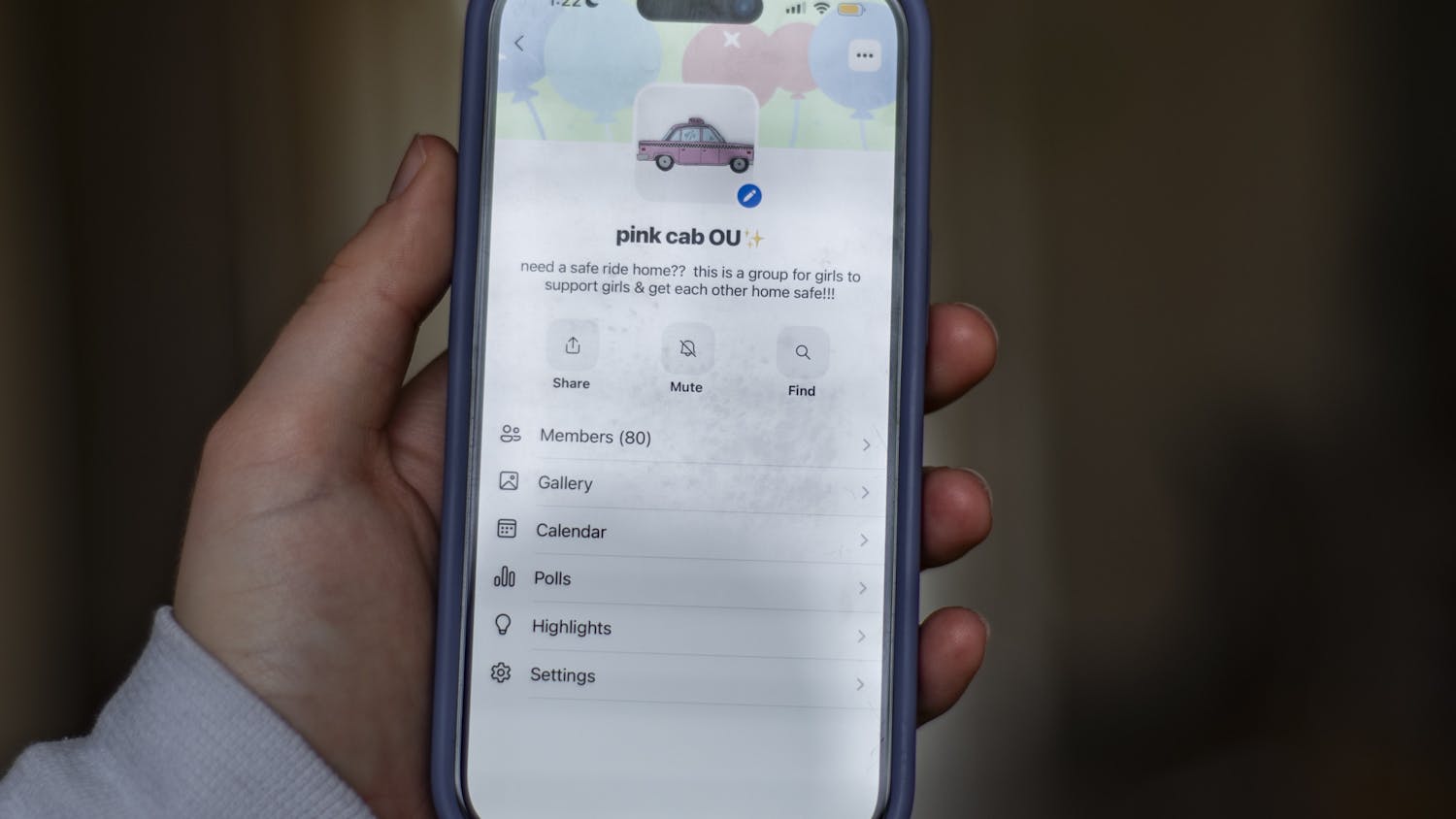At sundown on Sept. 29, Jewish students at Ohio University will celebrate Rosh Hashanah, the Jewish New Year. The holiday brings together Jewish students to celebrate amongst food and religious services.
OU has two major Jewish organizations: Chabad and Hillel, both of which reinforce Jewish culture through student-led events. Despite being Jewish organizations, the groups heavily encourage any student to participate regardless of their background or personal beliefs.
Sarah Livingston, the executive director of Hillel at OU, said the primary purpose of Rosh Hashanah is to reflect on experiences and actions of the previous year.
“You’re really encouraged to examine the previous year and look at the things that didn’t go well,” Livingston said. “Whether it was lying, or not accomplishing what you set out to, or not helping in a way that you know you could have--to really examine that and ask for forgiveness.”
This forgiveness, Livingston said, is multifaceted in that it is not only a communication with God, but a personal one as well.
“As a spiritual leader, something that I really recommend to everyone under my care is to forgive yourself as the new year approaches,” Livingston said. “It is very important to go into the new year with a clean slate, not just with other people and with God, but with yourself.”
Hadass Galili, a freshman studying integrated language arts, is a ritual and spiritual intern at Hillel. Galili said the holiday allows her to set goals for the rest of the academic year.
“It’s really a big wake up call,” Galili said. “Especially since it’s at the beginning of the school year, it’s a really good chance to evaluate my first few weeks in school and change my habits if I want to.”
Cory Bluffestone, a junior studying exercise physiology pre-med and an intern at Hillel, said the Jewish New Year occurring in the fall is representative of the rejuvenation of self.
“Rosh Hashanah can take on that representation that there’s seasonal change as well as that’s how your year is going to be,” Bluffestone said. “You’ll lose that dead weight, you learn what you want to build on and then it happens and blossoms.”
Alongside the core functions of Rosh Hashanah, Chabad board member Zoe Felber, a sophomore studying creative writing, said that the tradition of apples and honey is a fond memory she associates with the holiday.
“I think of apples and honey, which is a snack that we eat during the holiday,” Felber said. “There’s songs about it that you sing when you’re younger so it’s just one of those fun childhood memories.”
Bluffestone said the significance of the apples and honey is connected to deeper religious roots.
“The symbol behind apples and honey is that it’s something sweet, so it’s actually in reference to the words of Torah, which are sweet,” Bluffestone said. “They’re kind and they’re what you should turn to in your time of need.”
There is also a tradition surrounding a shofar, a ram’s horn, that is blown throughout the services on Rosh Hashanah. Felber said the practice is very complex to the religion.
“The shofar is supposed to be the call sound of the Jews,” Felber said. “There are certain ways you blow that symbolize different meanings in the Jewish text.”
The desire to proudly embrace Judaism is a fundamental driving force for Felber as to not be silenced for her beliefs.
“The holidays to me are a way of expressing my identity,” Felber said. “Last year, one of my teachers wasn’t going to let me miss class for one of the High Holy Days and she told me if I missed I would just get zeros. A lot of Jewish students that do want to observe the holiday sometimes feel like they can’t and I’m glad that I’m in a place where I feel like I can speak up.”
Bluffestone noted the freedom to celebrate religious traditions helps to highlight the union of a culture.
“It’s increasingly important to celebrate because you think of the persecution of all of these minority groups, the one thing that binds them all together is their traditions,” Bluffestone said. “To be able to practice and observe a holiday no matter where you are or who you are is important because you’re not letting someone take something from you. You’re not letting hate overcome what is supposed to be happy. It’s more meaningful when you understand the magnitude of the situations. It’s unfortunate, but it’s binding. It’s what brings people together.”
Despite different practices within the same religion, Galili said the core aspects of Rosh Hashanah are what resonates within those who celebrate.
“Not all Jewish people believe in God, but Jewish people who practice, and even those who don’t, they still attend Rosh Hashanah because it means something to them and they get something out of that,” Galili said. “It’s really just about finding who you were and finding who you will be.”






